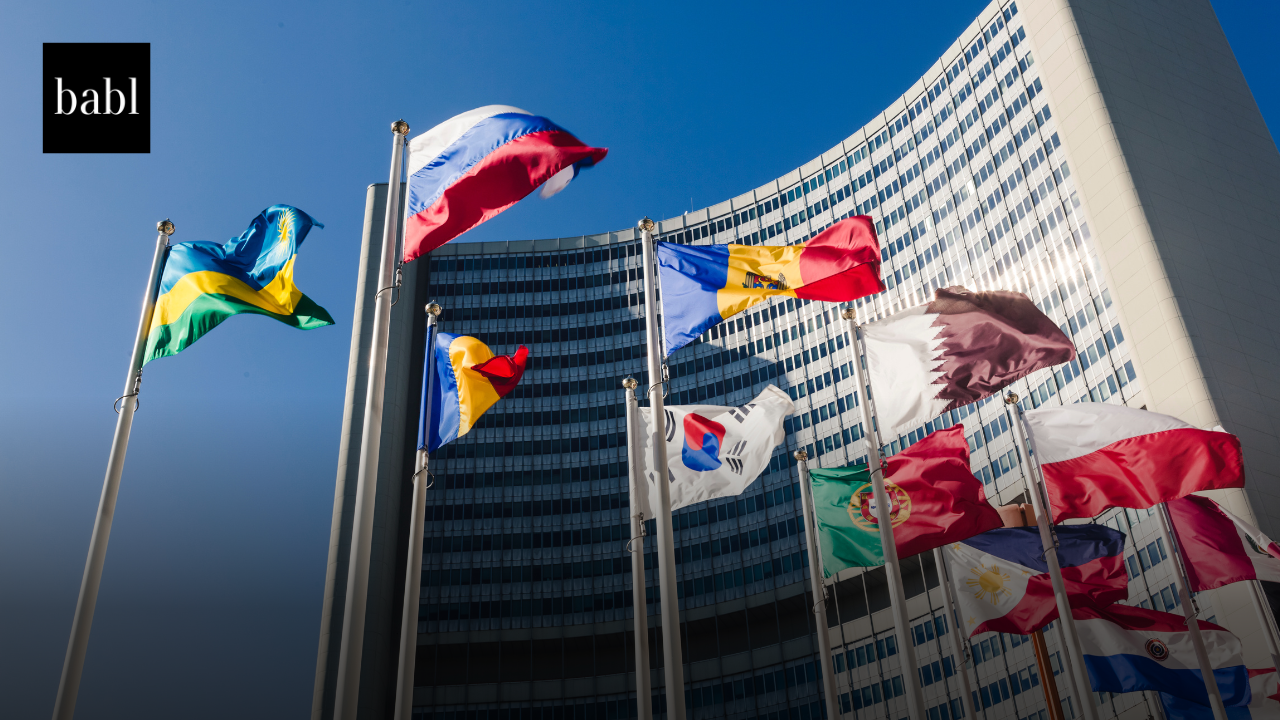UPDATE – JULY 2025: The United Nations’ first AI resolution, adopted in March 2024, remains a foundational reference point in global AI governance. While not legally binding, it has influenced ongoing international cooperation and multilateral discussions. Especially as the UN prepares for the 2025 review of the World Summit on the Information Society. The resolution’s focus on digital inclusion, transparency, and international standards continues to shape capacity-building efforts and AI governance principles.
ORIGINAL NEWS STORY:
The United Nations General Assembly Approves First Resolution on AI
In a landmark decision, the United Nations General Assembly approved its first draft resolution on artificial intelligence. The resolution addresses both the opportunities and risks presented by AI systems, particularly in their role supporting the Sustainable Development Goals (SDGs) and broader development priorities.
The resolution reaffirms the UN’s commitment to international law, human rights, and the 2030 Agenda for Sustainable Development.
Promoting Global Consensus and Cooperation
Recognizing the power of safe, secure, and trustworthy AI, the resolution calls for a global consensus on how to govern these systems. It stresses the importance of inclusive international cooperation, urging countries to work together on safeguards, technical standards, and ethical practices.
The resolution highlights the risk of fragmented approaches and encourages efforts to bridge the digital divide. It also calls for capacity-building, technical assistance, and equitable access to AI for developing countries.
Roles for Member States and Stakeholders
The resolution invites member states and stakeholders to adopt responsible AI governance frameworks. These should support:
-
Transparency
-
Human oversight and accountability
-
Protection of human rights
-
Risk monitoring and impact assessments
-
Digital literacy and public awareness
It also emphasizes data governance as a key factor in realizing AI’s full benefits. The sharing of best practices and alignment of cross-border data flows is strongly encouraged.
Looking Ahead: Continued Dialogue and Coordination
The resolution acknowledges the rapid evolution of AI and calls for ongoing global discussions. It promotes inclusive research, diverse stakeholder input, and adaptive policy frameworks.
Furthermore, it urges the UN system to strengthen coordination and support through research, technical assistance, and capacity-building programs. This is especially important for ensuring developing nations are not left behind in the AI revolution.
Framing a Global Digital Future
Looking to the future, the resolution aligns with upcoming milestones like the 2025 World Summit on the Information Society review and the development of a Global Digital Compact through the 2023 Summit of the Future.
In essence, the resolution presents AI governance as a critical pillar for advancing sustainable development, bridging digital divides, and ensuring that AI benefits are shared equitably across all nations.
Need Help?
You might be wondering how the UN resolution, or any other AI resolutions, regulations and laws could impact you. Don’t hesitate to reach out to BABL AI. All questions and concerns will be answered by their Audit Experts.





